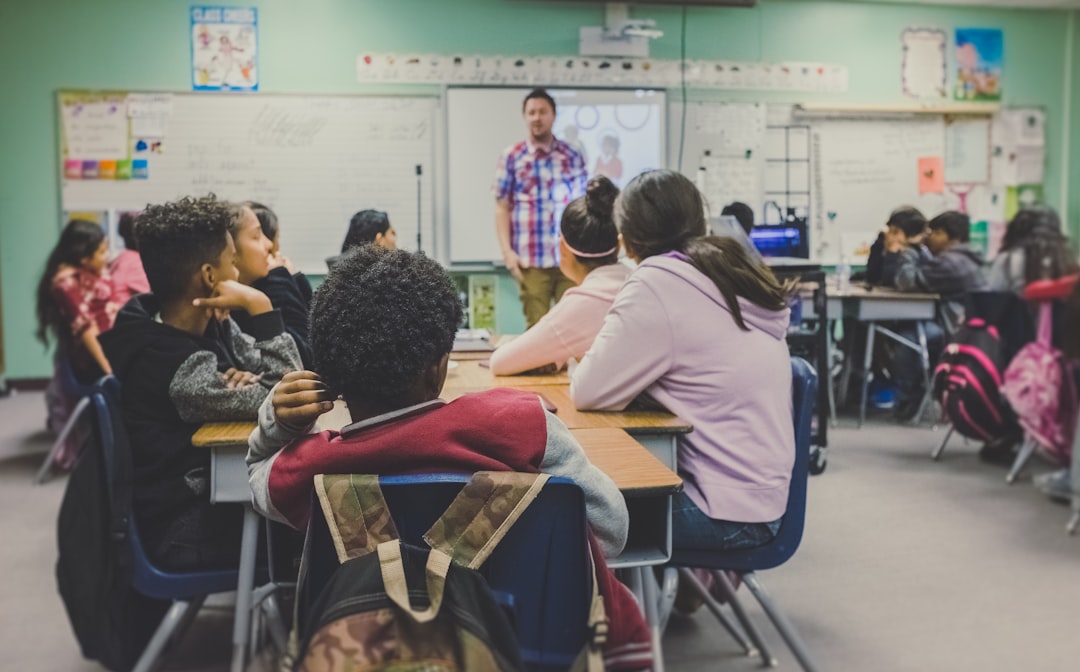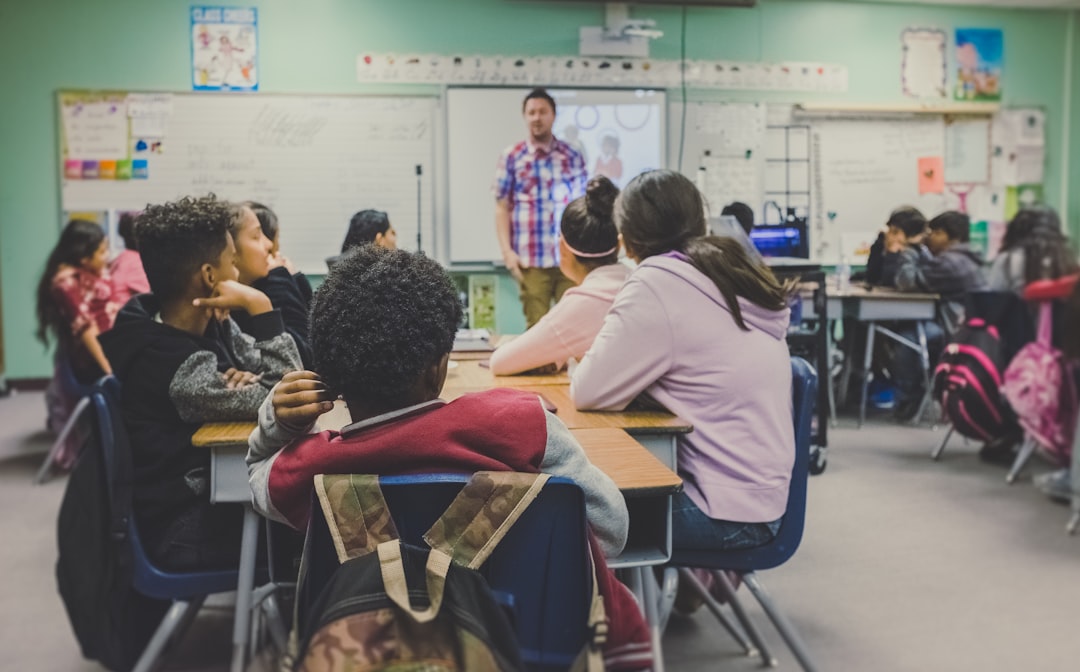In Georgia, hazing—a harmful practice in youth groups and fraternities—is illegal and unethical. Victims can seek justice with the help of specialized hazing abuse lawyers. These professionals guide victims through legal systems, ensuring compensation and support for psychological trauma while advocating for strong anti-hazing laws. They thoroughly investigate cases, consult medical experts, and secure justice, including potential criminal charges against perpetrators. For those facing allegations, these lawyers provide crucial guidance, protecting rights and offering empathy. Civil lawsuits, led by these specialists, also hold organizations accountable and offer financial redress. Support services, including legal aid and counseling, empower victims to heal and find justice.
“In Georgia, hazing assaults pose a significant concern, particularly within organized groups and educational institutions. Understanding the legal implications of such incidents is crucial for victims seeking justice. This article explores Georgia’s legal landscape regarding hazing, highlighting the critical role of a specialized hazing abuse lawyer. We delve into navigating criminal charges, civil lawsuits against organizations, and the support available to victims, empowering them to take action and seek accountability.”
Understanding Hazing and Its Legal Implications in Georgia

Hazing, often associated with youth organizations and college fraternities, refers to any activity or ritual intended to initiate or welcome new members through physical, mental, or emotional harassment. While some hazing practices may seem harmless, they can lead to severe psychological trauma and even physical harm for victims. In Georgia, hazing is not only unethical but also illegal, with specific laws in place to protect individuals from such abuse.
Under Georgia law, any individual who intentionally causes another person to engage in an activity that poses a risk of physical harm or creates a substantial threat to their safety can face legal consequences. This includes situations where hazing involves extreme physical punishment, humiliation, or other forms of maltreatment. A hazing abuse lawyer in Georgia can guide victims through navigating the legal system, ensuring they receive justice and the support they need to heal from these traumatic experiences.
The Role of a Hazing Abuse Lawyer in Georgia

In Georgia, a hazing abuse lawyer plays a pivotal role in advocating for victims who have suffered physical or emotional harm due to hazing incidents. These attorneys specialize in understanding the complexities of hazing cases, which often involve power dynamics within social groups, schools, or organizations. They help victims navigate the legal system and seek justice by providing expert guidance on Georgia’s specific anti-hazing laws.
A qualified hazing abuse lawyer in Georgia will thoroughly investigate the case, gathering evidence, interviewing witnesses, and consulting with medical professionals to build a compelling narrative. They ensure that victims’ rights are protected and work towards securing appropriate legal remedies, including compensation for damages and, where applicable, criminal charges against perpetrators. Their expertise enables them to educate clients about their options, ensuring they receive the support needed to heal and rebuild their lives.
Navigating Criminal Charges: Rights and Defense Strategies

Navigating criminal charges related to hazing can be a complex and daunting process, especially for victims who are still reeling from the trauma of the assault. In Georgia, individuals facing such allegations must understand their rights and have access to experienced legal counsel specializing in hazing abuse cases. A qualified Georgia hazing abuse lawyer can provide vital guidance, ensuring that the accused’s rights are protected throughout the criminal justice system.
Defense strategies may include challenging the validity of evidence, questioning witness testimonies, and exploring potential legal defenses based on the specific circumstances of each case. It is crucial to build a robust defense while also showing empathy for the victims, as this approach can lead to more favorable outcomes, including alternative sentences or even the dismissal of charges, depending on the unique facts presented in court.
Civil Lawsuits: Holding Organizations Accountable for Hazing

In Georgia, civil lawsuits play a crucial role in holding organizations accountable for hazing-related abuse. If you or someone you know has been a victim of hazing and suffered injuries due to the actions (or inaction) of an organization, you may have legal options. Hazing abuse lawyers in Georgia specialize in these cases, aiming to secure compensation for victims’ physical and emotional trauma, medical expenses, and other associated damages.
These legal professionals help victims navigate complex laws and regulations surrounding hazing, ensuring they receive justice. By filing a civil lawsuit, individuals can not only gain financial redress but also compel organizations to implement safer practices to prevent future instances of hazing abuse. This process sends a strong message that such behavior will not be tolerated, fostering a culture of accountability and safety in educational institutions, social clubs, and other group settings prone to hazing activities.
Support and Resources for Victims of Hazing Assaults in GA

Victims of hazing assaults in Georgia have access to crucial support and resources. Legal aid organizations dedicated to helping victims navigate the complexities of the legal system offer counseling, financial assistance, and representation. If you’ve experienced hazing abuse, connecting with a qualified hazing abuse lawyer in Georgia is an essential step towards justice and healing. They can provide guidance tailored to your unique situation, ensuring your rights are protected.
Several non-profit groups focused on youth safety and advocacy also play a vital role in assisting victims. These organizations offer confidential hotlines, support groups, and educational resources to empower individuals who have suffered hazing-related trauma. By reaching out for help, victims can take the first step towards finding solace and ensuring accountability for their assailants.






